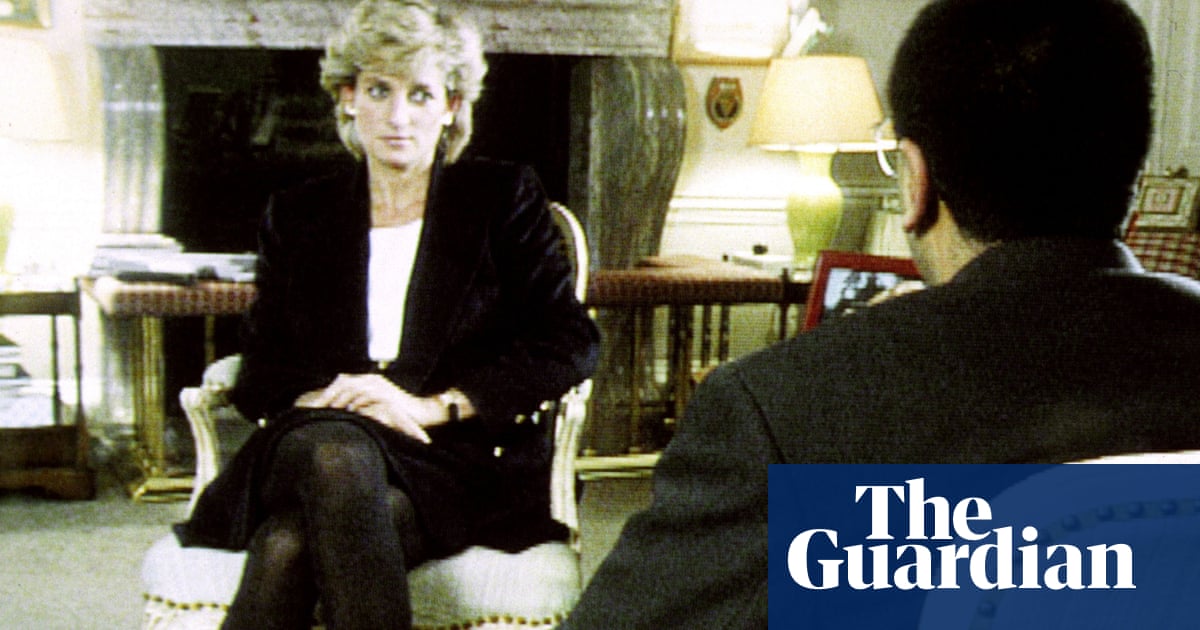The UK’s competition regulator has pledged to “drive growth and investment” and speed up its decisions after pressure from the government to be more pragmatic and less risk averse in its investigations.
Setting out how she planned to overhaul the Competition and Markets Authority (CMA), the regulator’s chief executive, Sarah Cardell, said a change of strategic direction was needed after the “operating environment” had changed.
Cardell said the regulator would judge mergers to make sure they “enhance business and investor confidence” while also seeking to protect “effective competition for the benefit of UK businesses and consumers”.
She said the watchdog would adhere to four Ps – pace, predictability, proportionality and process – and staff would make decisions more quickly and with greater transparency.
The review follows “a steer” from the business secretary, Jonathan Reynolds, for a more business-friendly regulatory regime that is “more agile” and encourages investment into the UK.
Speaking on Thursday, in comments trailed beforehand, he said the CMA needed to focus on creating a “more competitive business environment with less burdensome regulation”.
There is likely to be disquiet among consumer advocates at the change of direction at the watchdog, which could relegate protections for customers below safeguarding business investment, even it if allows for a further concentration of providers in some sectors.
Last month the CMA waved through the merger of telecoms firms Vodafone and Three despite concerns from the consumer group Which? that it might lead to higher prices for subscribers.
Reynolds said concerns based simply on the number of firms operating in a sector were “outdated” and regulators needed to be concerned about efficiencies that can be achieved, keeping prices in check.
Frustration with the antitrust regulator led to the departure of its chair, Marcus Bokkerink, last month. He stepped down days after the CMA was one of many UK regulators hauled into Downing Street for a meeting with Reynolds and the chancellor, Rachel Reeves, to discuss how watchdogs could help boost growth.
Tech firms, publishers and Which? have since criticed the decision to make a former boss of Amazon UK, Doug Gurr, interim chair in Bokkerink’s place.
Reynolds also suggested on Thursday that the UK may have too many watchdogs and a review was needed, saying: “We have to ask the question: have we got the right number of regulators?”
Cardell said: “A robust, independent competition regime should both drive growth and investment and uphold consumer interests.
after newsletter promotion
“The draft strategic steer provides helpful clarity on the CMA’s priorities and how we should work independently within our statutory framework. It is pragmatic, workable and reflects the fact that our operating environment has changed.”
“We have today set out a programme of rapid, meaningful changes to our mergers process which will enhance business and investor confidence and enable us to continue protecting effective competition for the benefit of UK businesses and consumers.”
As part of this shake-up, the CMA said it would complete a pre-notification phase on its investigations within 40 working days, compared with a current average of 65. It also plans to reduce the target time of “straightforward phase 1” investigations from 35 working days to 25.
The moves follow complaints from businesses that the CMA intervenes too much in deals and a push from Reeves and Keir Starmer to shake up regulation to try to kickstart anaemic UK growth. The prime minister told an investment summit in October that the government would “make sure that every regulator in this country, especially our economic and competition regulators, takes growth as seriously as this room does”.
Microsoft also publicly criticised the CMA after it initially blocked the firm’s planned takeover of the gaming giant Activision Blizzard. Microsoft’s president, Brad Smith, said in 2023 that the UK was “bad for business”, although the deal was eventually given the green light.

.png) 2 months ago
29
2 months ago
29













































